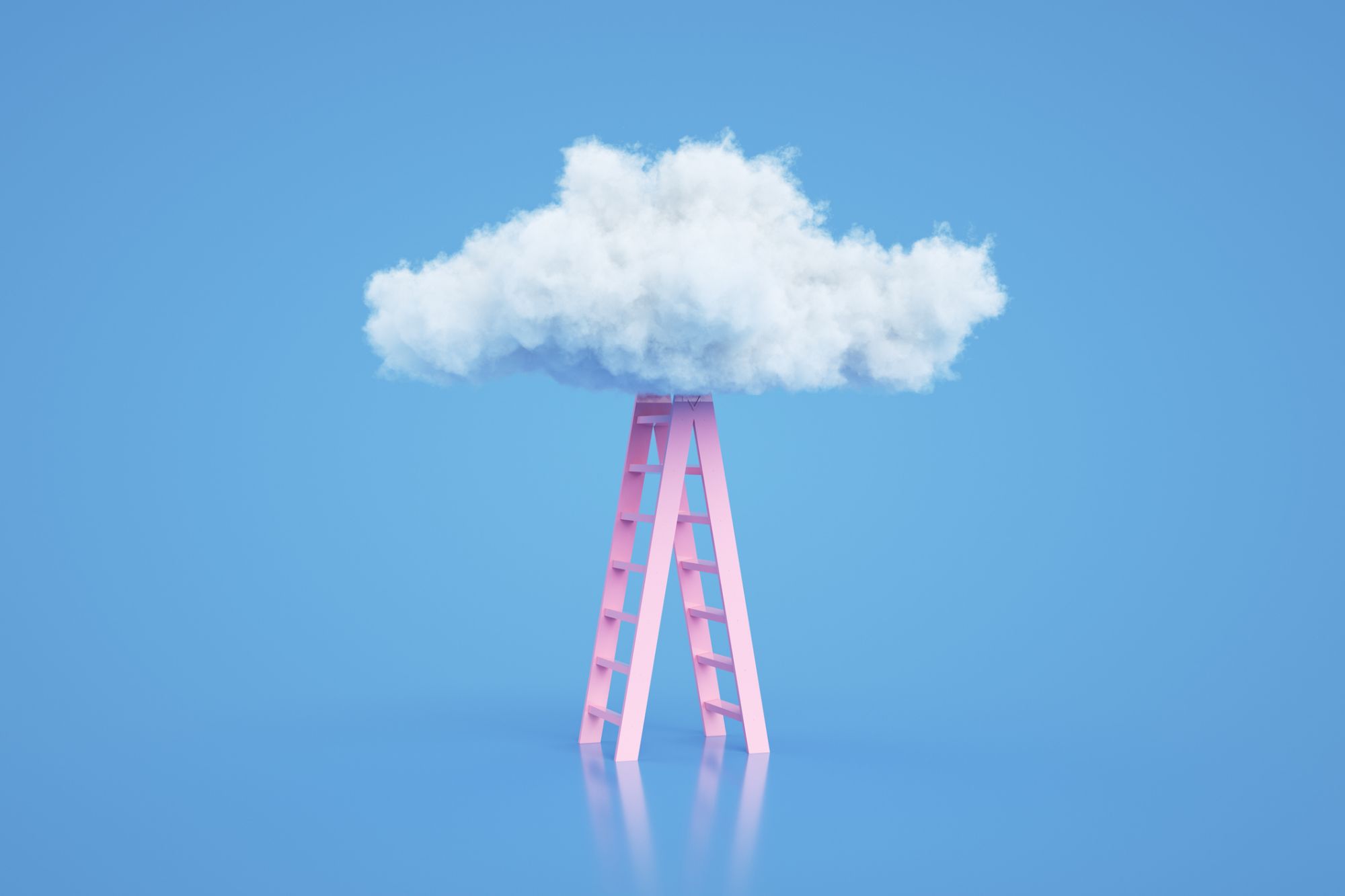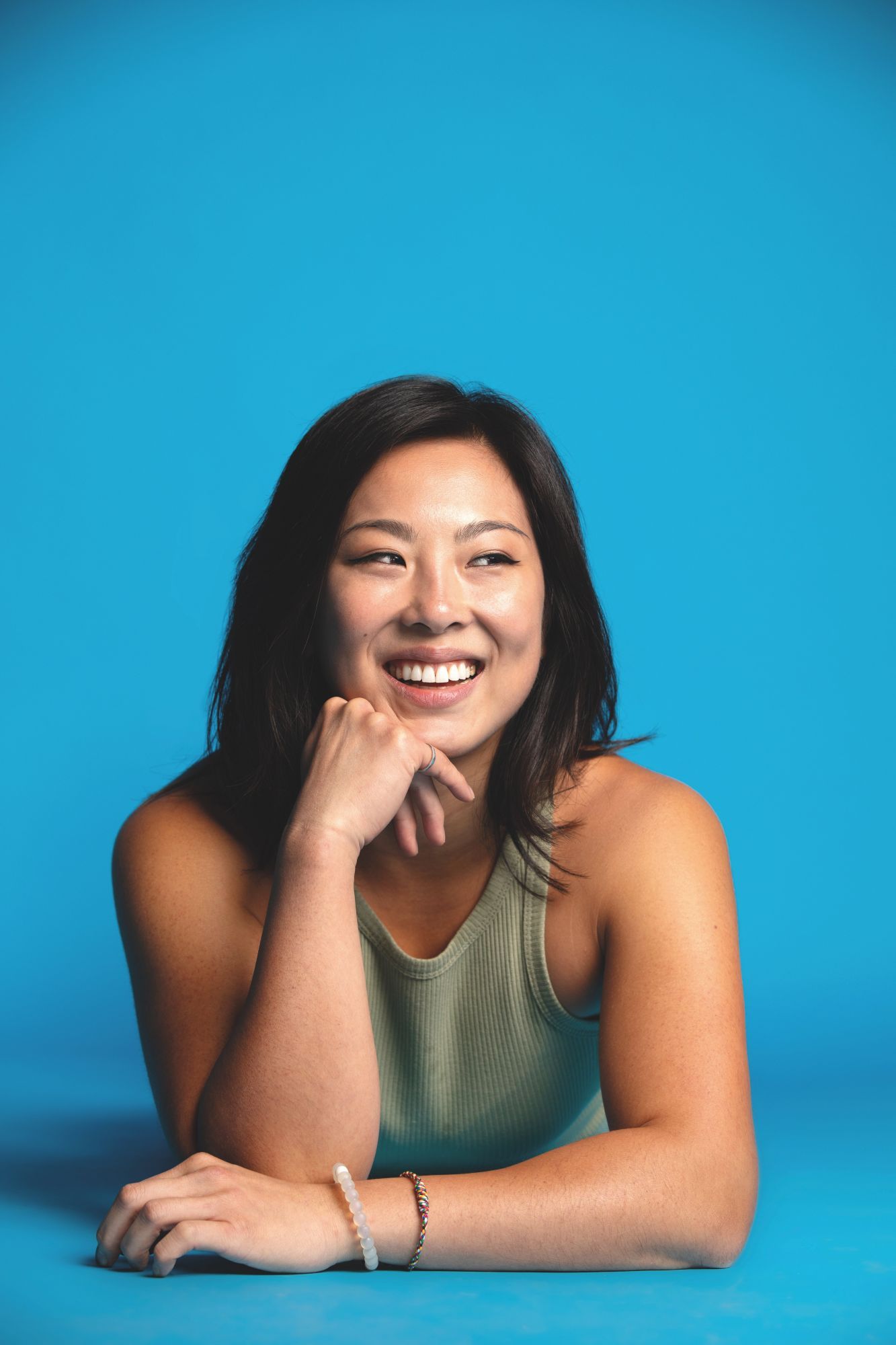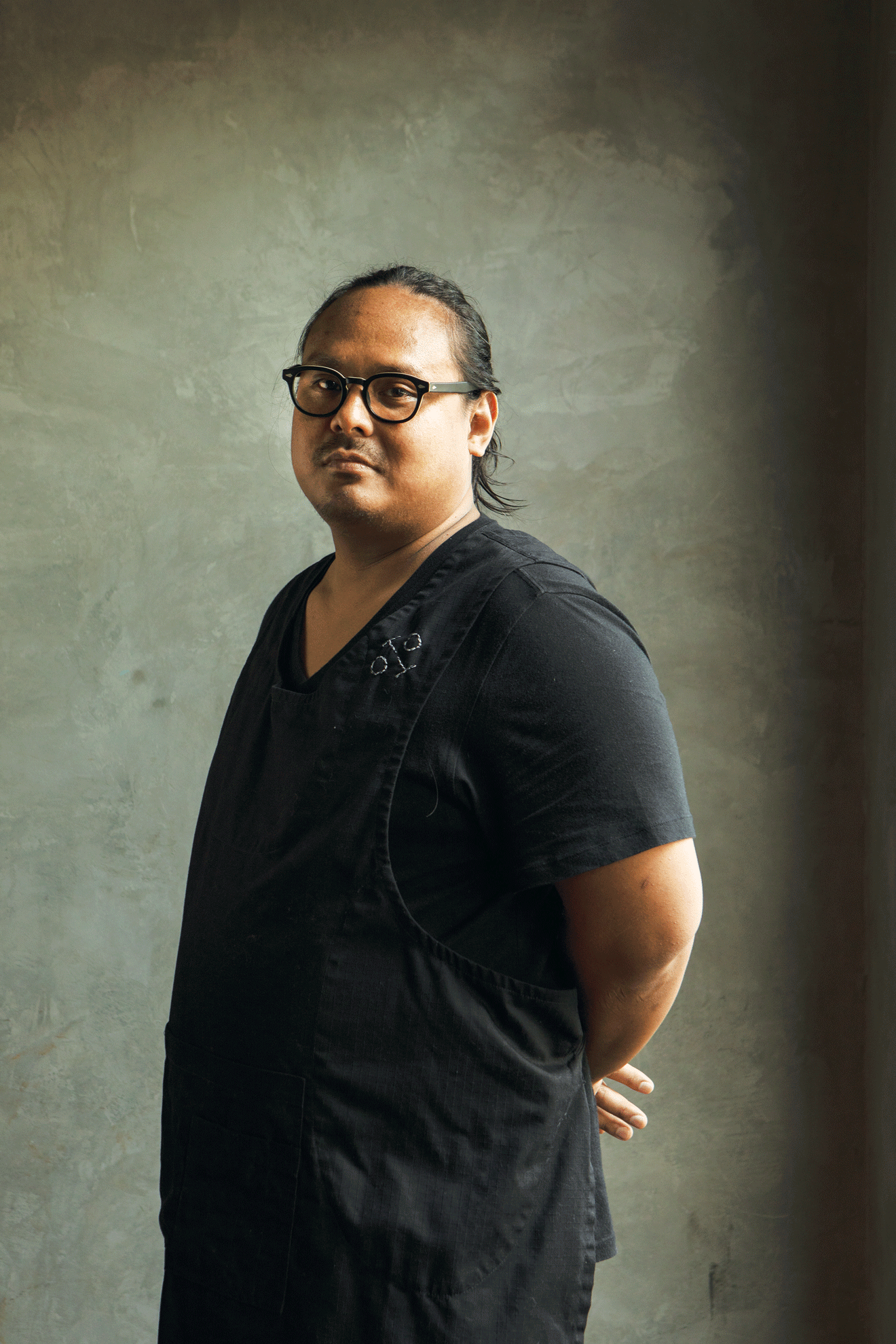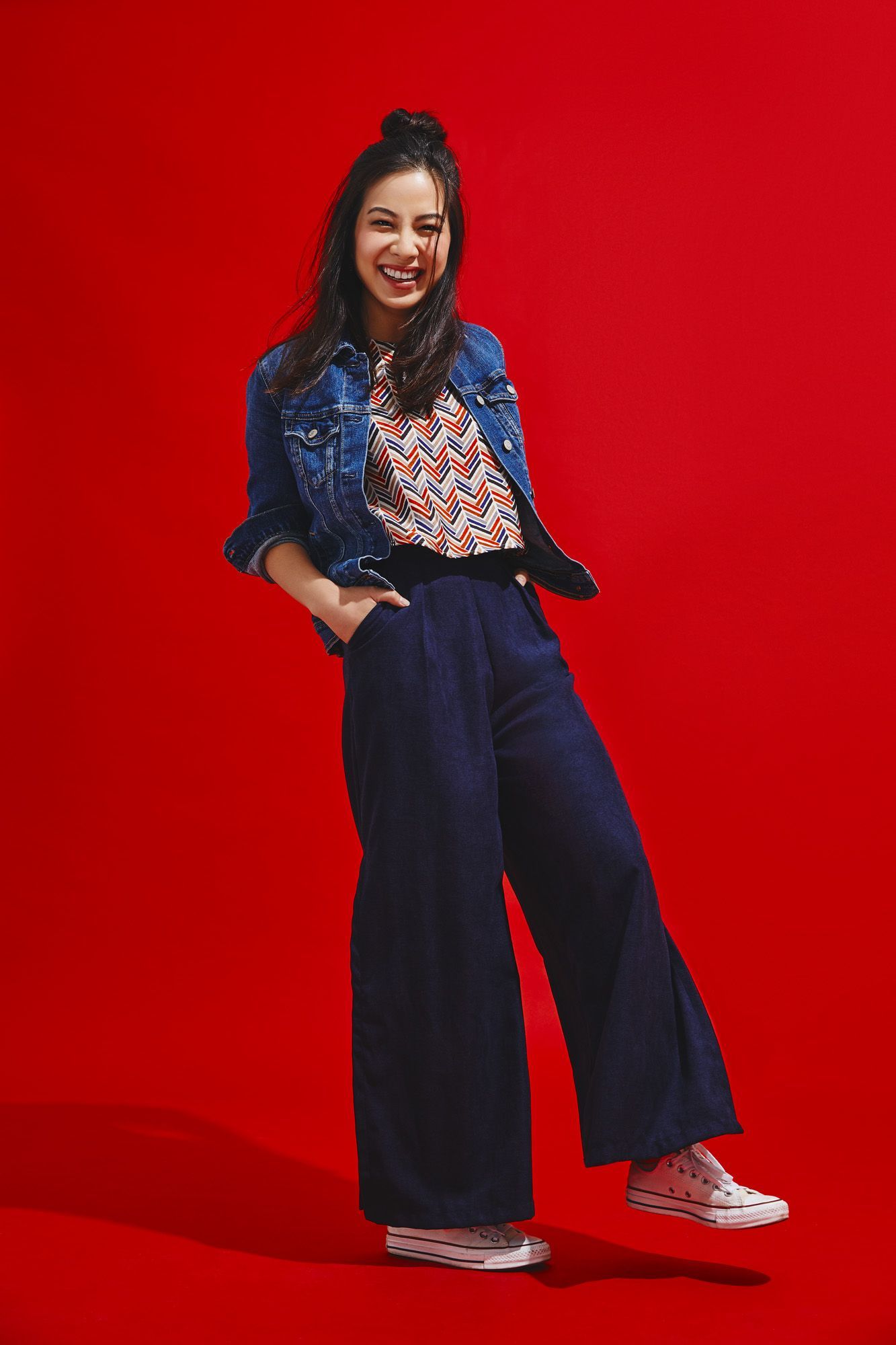We talk to five Gen.T honourees about how the Covid-19 pandemic has made them reassess their priorities in life and changed their view of success
Since the first reported case of Covid-19 in December 2019, I, like millions of others, have been in and out of lockdowns, in quarantine, and separated from my family for almost two years. For others, the pandemic may have resulted in far worse, from financial instability to the worsening of mental health issues to the loss of a loved one. And for just about all of us, it has at least put a pause on some of the well-laid plans we had for our lives.
As the vaccines slowly roll out worldwide, some of us are beginning to get a glimpse of our post-pandemic future. And as I think back to my pre-Covid plans, it hit me that I no longer resonated with the goals I had set for myself back then or what I had viewed success to be. This realisation then made me wonder, how many others feel the same way I do?
I speak to five Gen.T honourees from across the region to find out how the pandemic has impacted them, and if and how their experiences have altered their idea of success.
Ann and Billie Dumaliang
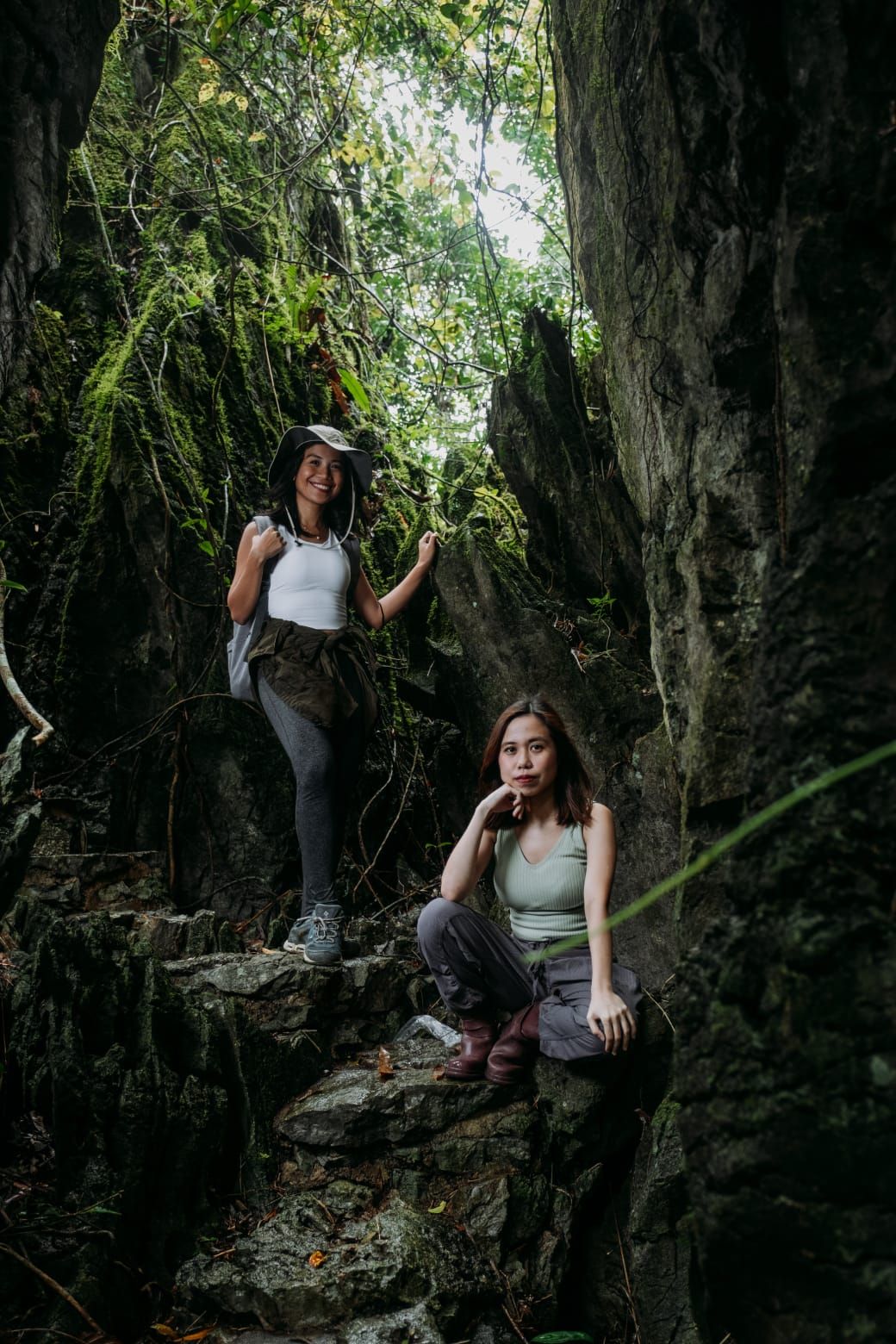
National Geographic Explorers and sisters Ann and Billie Dumaliang run an award-winning conservation and sustainable tourism project Masungi Georeserve in the Manila, Philippines. The duo work to protect the area's historic limestone formations and hundreds of plant and animal species, many of them threatened, with 3,000 hectares of heavily degraded land reforested since the 2000s.
What have your experiences been like during this pandemic?
We had to live inside the conservation area we are managing for most of the pandemic. The lockdowns came with a lot of environmental opportunism. We needed to be there for our team and for the site. We actually faced at least five major encroachments and campaigned against these illegal activities throughout this time. This put us at a lot of risk and it was very stressful, but it also reinforced the reason for the existence of our organisation, Masungi Georeserve Foundation.
Have your views of success changed during this time?
We learned that success isn’t always about yourself or what makes you feel pleasant. It’s also about listening to what you are being called to do at the moment. Some things go beyond what makes us comfortable—and that has a lot of meaning. For example, we wouldn’t say standing up against corrupt people or criminals is comfortable, but we'd still do it because we want to make a difference, change things and support the ones we love.
We also learned that success is taking care of yourself. During this period, we were more anxious than usual because our actions had very high stakes. This led us to learn more about cognitive techniques, psychological wellness and mindfulness to be able to handle extreme events. And we are still learning, reading and improving every day.
How will your pandemic experiences change the way you plan your future?
The last one plus year has been the most challenging, with Covid-19 and the attacks we saw happening to our rangers and the environment. But we learned that we are not always in control of things and we have to let go sometimes. We don’t need to be perfect all the time; it is a balancing act. But when we do get the opportunity to control yourself against bad habits and mindsets, we will take deliberate steps to do so.
See also: Conservationists Behind Masungi Georeserve Recognised In Global Travel Award
